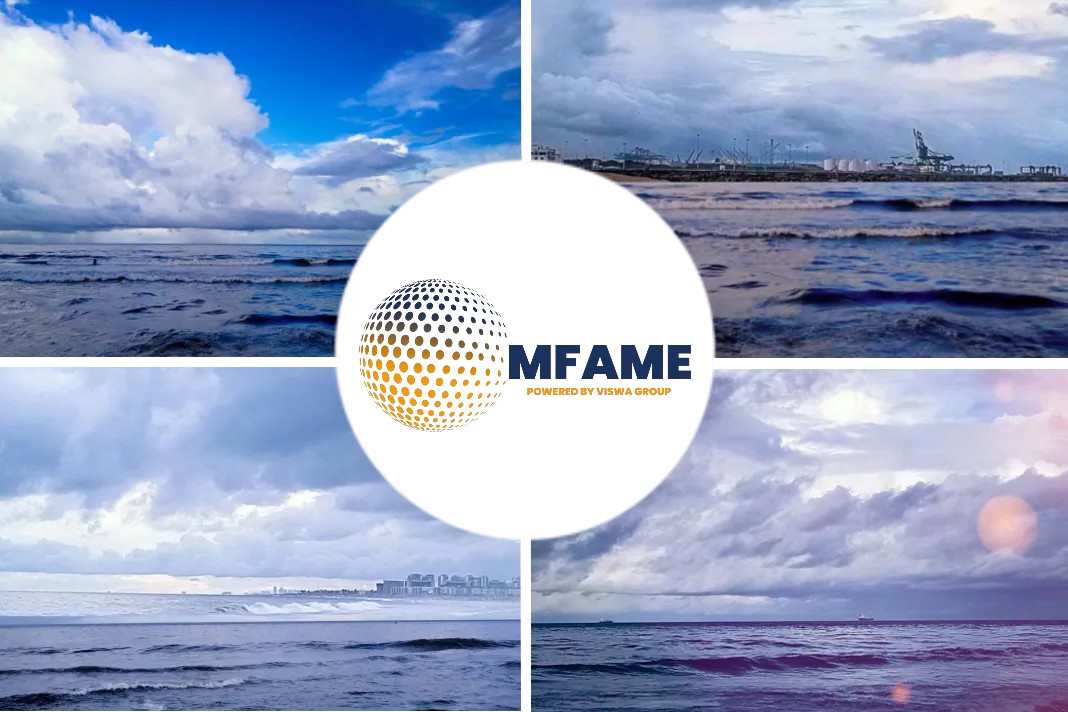- “We hope to aggregate the people factor calculated into the heart of this transition.”
- “We look forward to working with all of them to take on this challenge and to make it happen.”
- We are delighted to be a member of the Silk Alliance, a constellation of prominent industry experts, visionaries and pragmatists.
The Silk Alliance was launched by Lloyd’s Register Maritime Decarbonisation Hub and partners to build a Green Corridor Cluster, starting with intra-Asian container trade as reported by LR.
Green Corridor Cluster
Lloyd’s Register Maritime Decarbonisation Hub is working with 11 leading cross-supply chain stakeholders to develop a fleet fuel transition strategy that can enable the establishment of a highly scalable Green Corridor Cluster.
Initiated by the Lloyd’s Register Maritime Decarbonisation Hub, The Silk Alliance brings together a diverse group of organisations whose collaboration can advance the decarbonisation of the maritime industry.
These include shipowners, such as MSC Shipmanagement Ltd., Pacific International Lines (Pte) Ltd (PIL), Wan Hai Lines, X-Press Feeders, Yang Ming Marine Transport Corp.; shipyard, Keppel Offshore & Marine Ltd (Keppel O&M); bunker logistical supplier, Singfar International; engine manufacturer, Wärtsilä; ship manager, Wilhelmsen Ship Management; and financial institutions, the Asian Development Bank and ING.
At the outset, these members will collaborate to send an aggregated demand signal for other stakeholders such as fuel providers, port operators and governments to support the Green Corridor Cluster.
New technologies and cultures
The Silk Alliance members will draw from their individual areas of expertise to develop a fleet-specific fuel transition strategy for container ships operating primarily in Asia, based on the Lloyd’s Register Maritime Decarbonisation Hub’s First Mover Framework.
This is designed to strengthen leadership and foster collaboration in the maritime industry to meet its COP26 commitments and to demonstrate tangible actions that can lower the investment risk that is currently preventing the wider uptake of sustainable carbon-neutral fuels.
The initiative is named after the maritime section of the historic Silk Road, linking Southeast Asia to China, the Indian subcontinent and the Arabian Peninsula, which expanded over the course of centuries to incorporate new technologies and cultures.
The cross-supply chain collaboration is dedicated to delivering learnings to enable safe, commercially viable and sustainable marine transport in support of the industry’s long-term strategy to decarbonise international shipping by 2050.
Maritime supply network
Charles Haskell, Lloyd’s Register’s Decarbonisation Programme Manager, said, “This is a first-of-its-kind in developing fleet transition strategies for multiple stakeholders, not just with the support of major players within the maritime industry, but also with operators in other industries that serve the maritime supply network – the shipowners, shipyard managers, financial institutions, bunker suppliers and engine manufacturers.”
Goh Chung Hun, General Manager, Fleet, PIL said: “PIL is happy to be a member of The Silk Alliance, as we are a key proponent of the multi-stakeholder collective approach to developing an effective and feasible decarbonisation strategy for the shipping industry.”
“We hope that through our participation in The Silk Alliance, we can demonstrate our commitment to decarbonising our fleet, and at the same time working with other stakeholders to establish regional green corridors for feeder shipping utilising low carbon fuel or technology.”
“We are looking forward to contributing our ship management and crewing expertise to the development of this transition strategy.”
“We hope to aggregate the people factor calculated into the heart of this transition.”
Poseidon Principles
Anju Abrol, ING’s head of Wholesale Banking APAC, said: “ING prides itself on being a sustainability pioneer and is an original signatory to the Poseidon Principles, a framework for integrating climate considerations into lending decisions to advance international shipping’s decarbonization.
The Silk Alliance marks a further and necessary step in that decarbonization journey and we are heartened to join key stakeholders from across the value chain.
We look forward to working with all of them to take on this challenge and to make it happen.”
Yang Ming Marine Transport Corp. said: “We have been dedicated to environmental sustainability and always go beyond mere regulatory compliance.
Yang Ming is pleased to participate in The Silk Alliance to enhance our commitment to decarbonising our fleet, which has been evidently demonstrated through our upcoming plan to build five 15,000 TEU vessels with greener and low-carbon fuel options.”
We are delighted to be a member of the Silk Alliance, a constellation of prominent industry experts, visionaries and pragmatists.
Did you subscribe to our newsletter?
It’s free! Click here to subscribe!
Source: LR

























